Start-up to leader: Vivek Bhargava traces iProspect India's 20-yr journey
iProspect India, the digital agency from Dentsu Aegis Network, completes 20 years in India today, November 17, 2017. In this two decades of existence in the digital marketing industry, iProspect has emerged as India’s No. 1 and largest digital performance agency.
iProspect India started life in the year 1997 as Communicate 2, founded by Vivek Bhargava. The agency was acquired by iProspect from Dentsu Aegis Network in 2012, following which Bhargava led iProspect Communicate 2 as the Founder and Managing Director. The company was rebranded as iProspect India at the end of 2015, with Bhargava leading as Chief Executive Officer, till Rubeena Singh took over as CEO of iProspect India in December 2016. Bhargava was then promoted to a larger role of CEO of DAN Performance Group.
The company enjoys a 160-plus client roster, including marquee brands like Myntra, Shopclues, Koovs, Raymond, Aegon Life, American Express, Axis Bank, Bharti Axa, HDFC, ICICI, Kotak, Maxlife, Reliance General Insurance, Royal Sundaram, Yes Bank, Cleartrip, Thomas Cook, Apollo Hospitals, Remit2India, Bloomberg|Quint, and Wildcraft, among others. It is home to over 250 people across four offices in Mumbai, Bengaluru, New Delhi and Chennai.
In this exclusive conversation with Adgully, Vivek Bhargava, CEO, DAN Performance Group, walks down memory lane and recalls his days as an entrepreneur, setting up Communicate 2, becoming part of a bigger set-up in Dentsu Aegis Network and more importantly, his major learnings while leading iProspect India over its two-decade presence in the Indian market and how the agency has carved out a successful place for itself.
Rubeena Singh, CEO, iProspect India, speaks to Adgully about her association with the agency, her vision for the team, ‘Moment Marketing' and much more.
Inclined towards technology from an early age, Vivek Bhargava decided to move away from his family business under Bhargava Group and venture out on his own, taking the entrepreneurial road. His father, who was sceptical about this decision, told Bhargava never to come back to the family business if he failed in his venture. This spurred the young entrepreneur to trudge on and fight his way through the dotcom bust, facing bankruptcy, even having to tweak his business model several times.
Bhargava lived through all and turned around his digital venture. Today, he is passionate about sharing his experiences, insights and struggles with youngsters who are looking to become successful entrepreneurs. He has been mentoring promising young people as part of Unicorn India Ventures, which invests in seed and early stages of technology focussed businesses across industry verticals.
Giving a boost to budding entrepreneurs is not the only passion of Bhargava. He is also a table tennis enthusiast and plays the game competitively. In fact, he won medals in the 40-plus category of the last two national tournaments. Bhargava is taking forward the cause of table tennis with his Kamgar Academy situated in Elphinstone Road, Mumbai.
Edited excerpts:
When you began, there was no sign of digital and no one knew what internet was all about. What made you get into this sector?
I come from a conventional business family, where we were made to work in various industries that came with other perks like visiting foreign locations like Paris. With those foreign trips, the idea of communications came to my mind. The way developed countries were using marketing communications to their advantage impressed me a lot. First of all, during that time, Indian companies were not good at marketing communication. And using technology for the same was an even bigger lacuna. That made me think of coming up with a company that would help Indian corporates create a niche for themselves.
You were very young when you started on this, but even then did you have any vision in place that this was what you wanted to do?
When I was working in my family business, I had a realisation that technology will change the face of the world and it will come to India as well. Although, it took a lot of time to come to India. But that vision was very clear and I wanted to do that for the rest of my life. My father supported the idea of me having a company and working in it for few hours a day. However, doing this would have put a limit on me coming back to my family business. That made me more resolute about my company and helped me stick to my work even though there were times when I wanted to go back to my family business.
But the vision was clear on a broader sense. You can never be sure of where your company will go in the future till you spend the first thousand days in any entrepreneurial venture, but the idea was very clear that I wanted to help companies use ad leverage technology for better marketing communications.
During the course did you change your areas of work?
Yes, during the course the business model had to pivot many times. For instance, when we began, marketing communications meant making websites for companies and when Chandra Babu Naidu had gone to the US for fundraiser, the CD he took with himself, which had the ‘Muchchad Panwala’ website was all done by us. At that time, we were called a full service agency. When the dotcom bust happened, everything was commoditised. We were doing a major website for a big enterprise and they wanted to cut the price by 90 per cent. Then ‘Search’ happened. I felt that was the next big thing as you could target the intent of the user. It was performance based. These experiences taught me to focus on fewer things and become the best at it. That business model of focussing on performance in the initial period and becoming the best at it was the change.
The business model changed again in 2008-09 due to media changes. Media went up and down, which affected us. 70-80 per cent of our revenue was coming from BFSI and every single of them stopped spending, which almost made us bankrupt. That made us change our business model, where we had to become retail based and charged for content, SEO, consulting, etc., and basically it made us less direct media. We also diversified to different verticals. Today, too, we are changing and evolving even as we speak. Because the digital industry came in so quickly, the broader vision remains the same. Having said that, how we were going to achieve that when the route we take keeps changing every year or 6 months, was a challenge.
What are the five high points of your journey?
As I mentioned earlier, we did this website called ‘Muchchad Panwala’, which was very exciting. We've had some amazing clients, including Chandra Babu Naidu, MTV, and we have also worked with some of the largest companies. We also won the first two Gold Awards in the Digital category in the history of the Abby Awards in India.
As and when business model changes, the low points become the high points. Changing the entire company around, maturing as an entrepreneur by trial and fire – those 4-5 years were the high points, although they were also low ones due to the market economy and a couple of more things. Negotiation became an issue and we had to lose out on a major account. That setback taught us a lot and with those learnings it became a high point as we were confident of doing well without that. After 4 years, we got back with a changed business model and made more revenue than what we would have made four years ago. So, in hind sight it proved beneficial for us.
The sale is the high point. For an entrepreneur, one flip establishes your credibility and creates a safety net and I believe, as an entrepreneur you are allowed to make mistakes and fail. Because if we look at it, we can realise that if we don’t bet on it all the time, what’s the worst that can happen?
(Rubeena Singh, CEO, iProspect India, adds here: It’s not applicable all the time because there are a lot of people relying on you for employment and they can’t be penalised for your doing!)
You mentioned about a safety net. Does it make you confident that one can always bounce back? Will that entrepreneur ever stop?
When you are an entrepreneur, it’s like being a trapeze artist doing somersaults. If you fall, there is no way of coming back. With a safety net, you can always fall and come back and do more somersaults. With this safety net, you can always climb back again.
How have you seen the industry grow over the last two decades? How many players were there?
Four-five players have survived. During the dotcom bust there were thousands of agencies, but once there was a fall, not many stayed back. It takes a lot of courage to stay back and stay persistent. I still believed in the vision because I was passionate. As they say, the future is digital and it always will be.
What are some of the challenges and learnings during the last two decades?
The biggest challenge was to let go of the talent. There were times when you did not know if the employee would come tomorrow to stick with you. Paying remunerations was also sometimes a hard phase, when you did not know how you would manage all the salaries. Despite all these, you smile and work on regardless of what the company is going. The challenge to talents and capital was a tough thing. The other challenge that we faced was that we never got access to decision makers for a good 10-15 years. We could not get access to the people who could move the needle for the organisation and working in digital was a big challenge. But we ways took the road less travelled and that gave us the edge over others.
My learning has been in the roads less travelled and having that optimism. People really underestimate this. Thirdly, being happy, as happiness brings you success. It is also important that you have likeability even though the industry is full of competition. Having a competitive spirit, but also thinking more of lending a helping hand and improving the industry and not making it just about you is an important thing. I have taken various workshops and built up one to one relationships.
Tell us more about the role you played in evangelising the digital ecosystem.
I realised that the only way to improve the digital landscape in India is to create digital fitness across the organisation. I have done hundreds of workshops to do that, getting digital in the DNA of the organisation. Having to pull off eight hours of content a day on digital can be really exhausting, but I have done all that. The ability to help people evangelising digital will develop the platform and in the performance sector you will be a dominant player. I still continue to do this.
What are the advantages of being an early mover?
There are more disadvantages than advantages as you get to face all the early problems and solve them for all the other following players. But, one of the advantages is the relationships that you build up along the way. It helps you realise now the problems that companies are facing today. This also helps you realise many of the business problems they are facing than just the digital problems. There is a digital hammer they have in the hand, but digital can’t be the solution all the time. The ability to work on it with the CEOs and CMOs was one of the advantages that we had. The kind of credibility and reputation you build up is amazing, as you have the biggest longevity as compared to the thousands who have perished.
What are the international relations that you have built?
I realised that the US and the UK are far ahead of us in the digital domain. But we did not have the resources to hire those people to come here and train us, thus I thought of doing offshore work with a few of the largest companies like Yahoo. So I would go and speak in conferences like Adtech, SEM and many more and made good international relations there and pitched offshore. We have been in association with global experts for a long time and continue to be. The ability to stay close friends with entrepreneurs internationally with a lot of experience gives you a huge competitive advantage.
How has life changed from being an entrepreneur to being part of a larger organisation with a safety net?
I have always loved what I did, but one of the key things that Dentsu Aegis Network (DAN) has done really well is not make things too differently for the entrepreneurs. 70 per cent of the entrepreneurs who worked with Dentsu have stayed back, but that ratio was from earlier times. It only means that Dentsu gives you the same kind of freedom that you get in your own business. That is how DAN works as one of the largest companies in India. It gives you a lot of confidence in what you do. One of the primary reasons why I am sticking around for more time is because of what I am allowed to do now. For instance, if I am about to start a new company, Dentsu gives me that freedom and the flexibility to do that. This also helps in retaining the talent for a longer time in an organisation.
When entrepreneurs are sold and the freedom is taken away, they become merely a cog in the wheel. Then they just want to get over with their earn-out to get over and go back home. I have never had the need to do this as Dentsu gave me the freedom that I wanted to work with.
There is not a lot of difference in what I was allowed to do as an entrepreneur and what I am allowed to do here. From future point of view, this is a good trait for others as well. The senior most managers in the organisation have been entrepreneurs themselves. So, all of them have enjoyed the quirks because they have made something successful and there is no reason why they should be changed. The reason why DAN is growing organically is because of their one-line philosophy and it has retained its entrepreneurs. That is where you feel the real electrifying buzz.
I have faith in the vision that Vivek has: Rubeena Singh, CEO, iProspect India
As they say, “Product to services” – the part you handled before and the one that you handle now, there is a huge difference, although the business remains more or less the same. How do you plan to take it on from here?
The reason why I took this risk of moving to a different kind of side of business is because, first, I found it very interesting and exciting. Second, because I have faith in the vision that Vivek has for the organisation. It’s important to agree with it in order to carry that forward, otherwise your day to day life becomes extremely challenging. And it’s true that you need to have likeability in the group of people you work with, as people work for people and not just for the job. On that front, we are fairly aligned on where we see iProspect to be. Coming from what I saw when I came in, iProspect is a company with huge pull-run and growing much ahead of the market and has become very large. So, I think that my role is devising how we manage this growth even at such a large and exaggerated rate, and how we keep growing at an accelerated rate. That has been my focus for the last ten months – to manage it as a large business, manage the teams, upscaling our business processes, going into diverse and allied areas to expand the business performance for our clients.
Tell us more about the technology and data you would be working on. Any new data technology that you shall be incorporating? What are the expectations that you seek to match up to?
The expectation that our clients have is that we bring excellence to the table and we have a high-performance team here and they are very committed to do that. It’s a virtual cycle, the clients push us to do better and we work towards getting that done with the help of a great talent pool who want to give their best. If you look at it from the organisation’s perspective, the investments that were made two and a half years ago in data technology have started to pay off now, giving us a big headstart vis-a-vis other agencies. So today, with those technology tools and our experience, what began as a small thing has now taken a bigger shape.
Things keep changing very quickly, so we have to keep adapting ourselves with the new digital ecosystem around us and start building on them. But in terms of the trends, you have to be very sharp and quickly identify the trends and alter your service in that area. For instance, content is going to play a big role in the coming year, because it’s not just about optimising the media but also personalising the communication at a one to one level. So, we are focussing on how to use data driven content and marry that with performance.
Also, it is what we call “Moment Marketing”, it is no longer about getting the leads but getting the people in the right context when they are ready to engage and making it more effective for clients. So, at the backend of it, we need more technology to effectively do that. We try to give our clients more personalised and moment driven marketing. Apart from that, the other leg is measuring outcomes and using technology tools to get the insights to co-optimise to improve performance.
What is your vision in terms of nurturing the talent and importance of having the right team?
In the services, you are as good as your team. It’s the backbone of your organisation. We induct fresh talent and train them and get the people in the markets that are far ahead of us and get their learnings here and help the others in learning the same.





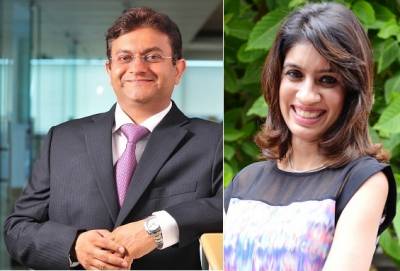
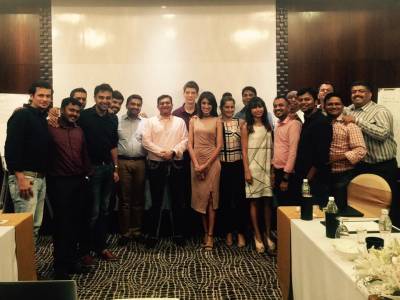

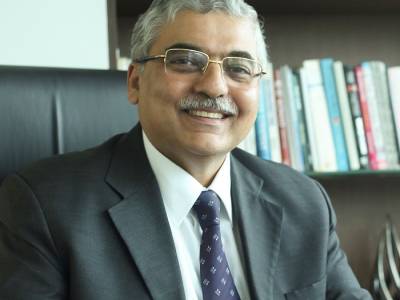

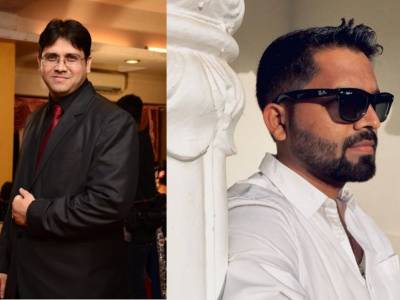
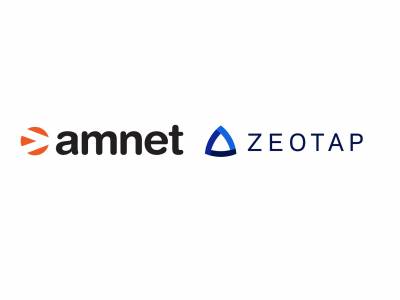


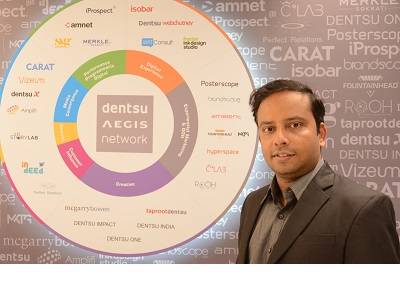

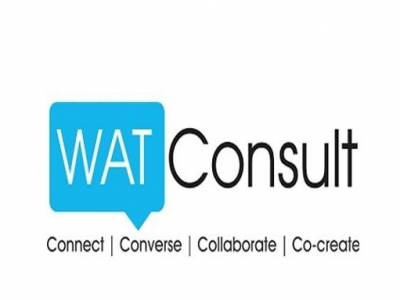




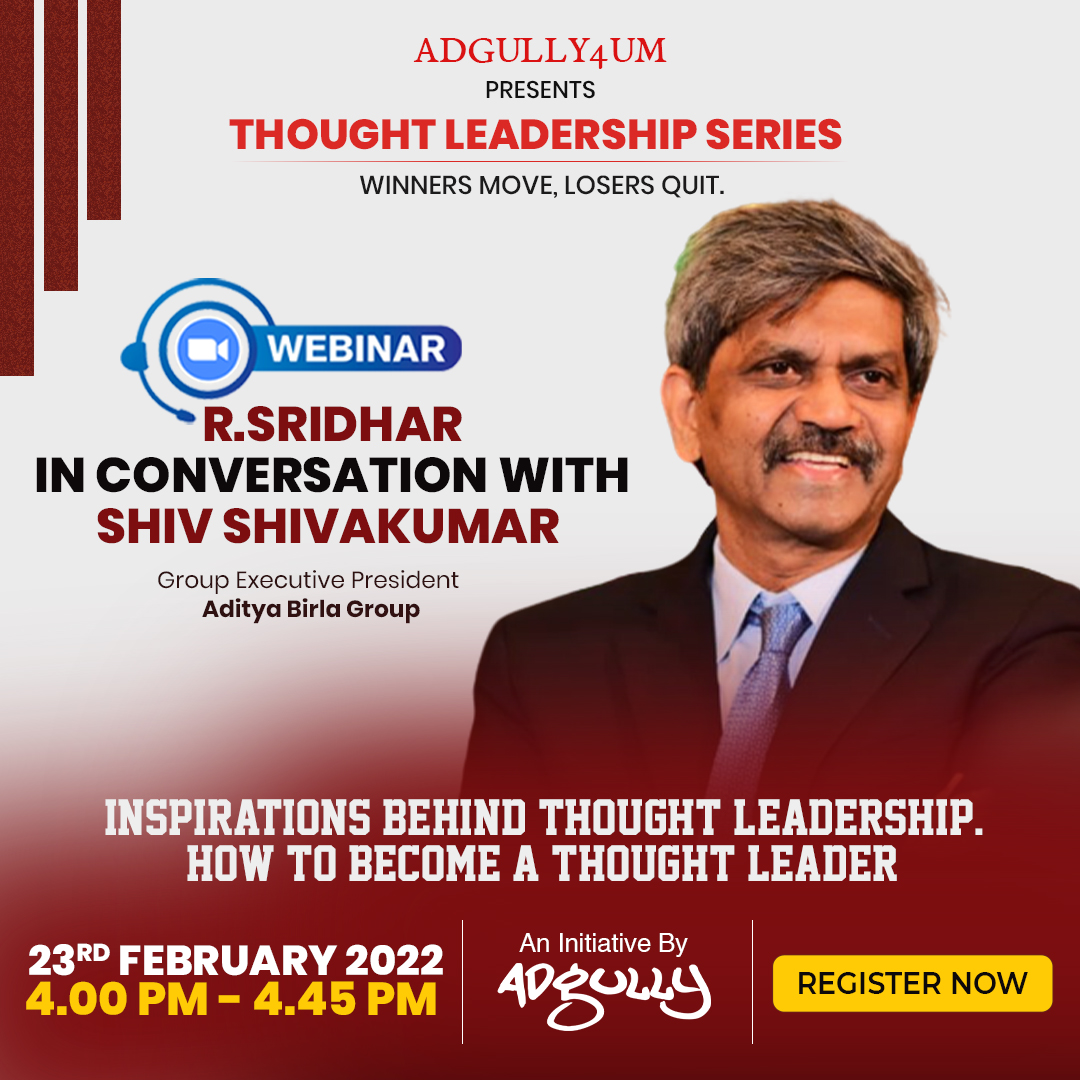
Share
Facebook
YouTube
Tweet
Twitter
LinkedIn